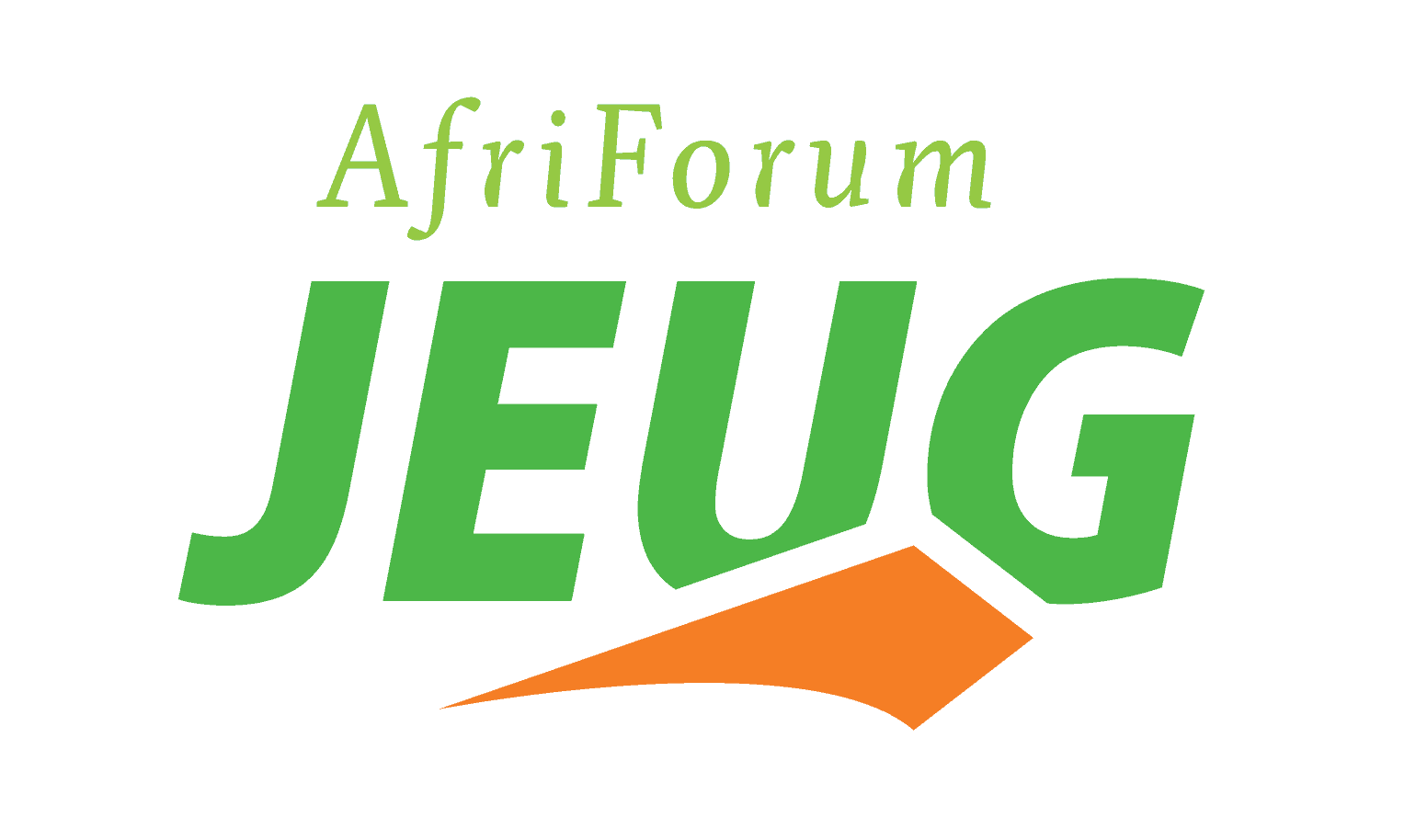What exactly is the problem, South Africa?
Are the supposedly ‘Afrikaner’ universities making South Africa’s ‘transformed’ universities look bad? Are Afrikaner students an easy target because they have thus far refused to burn down their institutions, regardless of threats to change the way they can study in their own language in their own country? Has violence become normal and Afrikaans an outcast? For some reason nearly everyone seems to jump on the bandwagon as soon as they get a chance to (help) annihilate the role and influence of Afrikaans or Afrikaners at universities, yet they seem to remain somewhat deaf, blind or both when it comes to violent outbreaks at their beloved ‘transformed’ universities. Allow me to paint you a picture.
Over the past few months we have seen several incidents involving white students at some South African universities that have sparked a public outcry. Two white students at the University of the Free State had been accused of discriminating against, abusing and deliberately bumping into a black student with their car. The Potchefstroom Campus of the North-West University had to deal with allegations of a Nazi culture after a supposedly Hitler salute was shown in a video of first year students. Then photographs appeared of white students at the University of Pretoria whilst dressed up and painted as black domestic workers, followed by the recent picture of two white students at the University of Stellenbosch dressed up as the Williams sisters.
The two students in the Free State were acquitted, the Potchefstroom Campus of the North-West University is still experiencing the aftermath of the Nazi incident and is facing drastic changes to its campus structure and culture, the students in Pretoria faced disciplinary action, and no action was taken against the students at Stellenbosch after they apologised for their behaviour. Regardless of the consequences for the people involved, (social) media was rife with comments and opinions on these so-called ‘racist’ incidents.
When large groups of students resort to violence and destruction, however, the response seems to be limited. In the past few years, violent and destructive protests at the Durban University of Technology, University of Limpopo (MEDUNSA), Tshwane University of Technology, Walter Sisulu University, University of Fort Hare and University of KwaZulu-Natal forced the police to intervene or the institutions to be closed for a certain amount of time.
There is a big difference between these situations: none of the incidents in Bloemfontein, Potchefstroom, Pretoria (Tuks) or Stellenbosch required police intervention or the closing of university campuses. In other words, student life and university proceedings were not directly affected on a large scale. The incidents at the other universities, however, forced universities to send all students home for a given period of time, thereby preventing all students at those institutions from studying.
Now I ask the minister of higher education, Mr Blade Nzimande, whether it is his own history at university that makes violence and destruction at a university more acceptable to him than the role of Afrikaners and the use of Afrikaans at universities. The minister of higher education himself had to interrupt his own studies at the University of Zululand for a few years after the universities’ administration building was burnt down. Is that the reason why he limits his response to violence and destruction at universities to a mere condemnation, while he grasps every possibility to attack Afrikaans at universities or Afrikaner students?
The point that the minister is bringing across, is that violence is the path to choose as a student in South Africa. Violence and destruction will get you in less trouble than painting your face black, regardless of intent. Violence and destruction will get you in less trouble than merely being accused of harassing and/or discriminating against another student. It would seem that the minister would rather have a dysfunctional ‘transformed’ university than a functional university with an Afrikaans or Afrikaner influence. The minister condemns violence displayed by groups of students, but finds it necessary to criticise or transform complete university or campus structures based on isolated incidents that he deems ‘widespread’. Dr Eloff rightfully criticised the minister for doing exactly that, in his recent open letter to the minister.
Now, I am pretty sure that across the globe the choice between violence and destruction on the one hand and a minority influence at a few universities on the other hand, would be perceived as relatively easy. However, as Trevor Noah so aptly depicts in his shows: When the rest of the world moves in one direction, South Africa says ‘No … noooo … we go there’. As a final piece of advice to the minister of higher education, Mr Blade Nzimande, I would like to suggest he speaks to the national police chief. I’m sure General Phiyega will inform him that Afrikaans and Afrikaners at universities are not a problem at all; it’s just his emotions running high.
*Guido is 24 years old, he lives in Sittard (Netherlands) and is busy with his Master’s Degree in Crisis and Security Management at the University of Leiden.


